Subtotal: $410.00
Robert Christopherson, Ross Ramsay – Jazz Piano
$1,250.00 Original price was: $1,250.00.$250.00Current price is: $250.00.
Digital Download: You will receive a download link via your order email after successful payment.
Jazz Piano is designed to teach you timeless techniques that develop your ability to meet the demands of a working pianist in dynamic situations.
Jazz Piano
The piano has played a fundamental role in defining jazz as we know it today. Its melodic and harmonic capabilities create endless musical possibilities that continue to evolve over time and are performed in a wide variety of contexts including solo piano, accompanist for a singer or instrument, and ensemble settings. Jazz Piano is designed to teach you timeless techniques that develop your ability to meet the demands of a working pianist in dynamic situations.
Starting with the basics, you will explore jazz chord voicings with tensions, how to interpret melodies and phrases with an authentic jazz feel, improvisation, jazz bass lines, and developing effective intros and endings to songs. The course focuses on jazz blues, swing, standards, and bossa nova, while laying the foundation for you to expand into any of the jazz-influenced styles.
In addition to cultivating your technical and improvisational playing of the instrument, you will learn the history of the genre and how the European classical traditions melded with African rhythms to give birth to a new sound of jazz. A multi-faceted approach to learning will be offered with the utilization of audio and video demonstrations to further your comprehension of the material. Featured artists will include some of the most influential jazz artists of all time: Jelly Roll Morton, Erroll Garner, Thelonius Monk, Art Tatum, Bud Powell, Marian McPartland, Bill Evans, and McCoy Tyner. Each week, you will work with flexible play-along audio tracks, which provide a strong platform for practicing performances with complete control over tempo, enabling you to progress at your own pace.
Jazz Piano is an essential course for any pianist looking to enhance their originality, versatility, and compositional skill within the jazz genre.
By the end of this course, you will be able to:
- Identify historically significant jazz pianists and their music
- Properly interpret jazz rhythms and phrases
- Feel confident recognizing and playing a wide variety of chords from unaltered diatonic sevenths through fully altered dominants including the A/B jazz voicings
- Perform repertoire in the jazz blues, jazz standard, and bossa nova styles in a variety of settings including solo, accompanist, and ensemble
- Improvise solos using a variety of methods from the pentatonic and blues scale to chord tone and approach notes
- Create smooth intros and effective endings for repertoire
- Think like a jazz player and learn songs based on their harmonic analysis and by recognizing common jazz progressions such as the II V I
Syllabus
Lesson 1 A Brief History of Jazz: Swingin’ on the Changes
Lesson 2 Thinking Like a Jazz Player: How to Label Progressions and Interpret Melodies
Lesson 3 Playing a Swing Blues
Lesson 4 Getting the Jazz Sound: Adding Tensions to Your Chords
Lesson 5 Essential Jazz Voicings and Practice Techniques
Lesson 6 Setting the Groove with Bass Lines
Lesson 7 Playing a Bossa Nova
Lesson 8 Setting the Mood in a Minor Key
Lesson 9 Advanced Jazz—Contemporary Blues
Lesson 10 Playing Over the Changes
Lesson 11 Arranging Techniques for Solo Piano
Lesson 12 Arranging a Song with Intros and Endings
Requirements
Prerequisites and Course-Specific Requirements
Completion of Music Theory 101 and Berklee Keyboard Method, or equivalent knowledge and experience is required. You should be able to read notes in bass and treble clef and understand basic rhythmic notation; have a basic knowledge of music theory, including major scales, triads, and basic seventh chords; and be able to record your performances with provided play-along tracks.
Required Textbook(s)
- Real Book: Sixth Edition, Hal Leonard Corporation
- Piano Essentials: Scales, Chords, Arpeggios, and Cadences by Ross Ramsay, Berklee Press
Students are required to record video for assignments. You can use your smartphone, digital camera, or webcam to do this. If you do not already have a preferred video software, you can use the built-in recorder tool within your assignment post. You can play the backing track through your speakers as you record and the microphone will pick up both the piano or keyboard (playing out loud through built-in speakers or amp) and the track as you play along.
Hardware Requirements
- Piano or keyboard (88 or 76 key recommended)
- A built-in microphone or an external microphone plugged directly into your computer (via built in ports or an external audio interface)
Instructors
Author & Instructor
Robert Christopherson is a professor of piano at Berklee College of Music where he teaches private instruction, improvisation, advanced composition, reading, ensembles, and a survey of piano styles. He is the co-author of Berklee Online’s Jazz Piano course and the book Berklee Jazz Standards For Piano Solo. Robert is a pianist, singer, performer, composer, and perhaps most importantly, a passionate mentor and lifelong student of music. His interest in music began early in life, given that his father was a violinist with the Cleveland Orchestra, and his mother a concert pianist with a doctorate in music. Robert performs frequently throughout New England as a soloist and with his trio. He earned his bachelor’s degree from Berklee and studied piano, improvisation, and composition with the late jazz guru Charlie Banacos and voice with Eddie Watson.
Author & Instructor
James Ross Ramsay, faculty in the Piano department at Berklee College of Music, has been teaching piano for 25 years, and has been included in the “Who’s Who List of American Teachers” several times. He composes and produces music for local and nationally broadcast television, radio, cable, and video programs, and has been a featured soloist on piano and keyboards with various artists touring throughout the United States and Europe. Ramsay is a product specialist and clinician for Yamaha Corporation of America, Digital Musical Instruments, and Pro Audio Division. He received a Bachelor of Music from Berklee College of Music in 1986.
What’s Next?
When taken for credit, Jazz Piano can be applied towards these associated programs:
Associated Certificate Programs
- General Music Studies Professional Certificate
- General Music Studies Advanced Professional Certificate
- Keyboard Styles Professional Certificate
Associated Degree Majors
- Bachelor’s Degree in Music Production
- Bachelor’s Degree in Music Business
- Bachelor’s Degree in Electronic Music Production and Sound Design
- Bachelor’s Degree in Interdisciplinary Music Studies (Create Your Own Major)
- Bachelor’s Degree in Music Composition for Film, TV, and Games
- Bachelor’s Degree in Songwriting
- Bachelor’s Degree in Songwriting and Producing Music

 Pristine - Pristine Proprietary Trading Program - Live 5 Day Online Prop Trading Course
Pristine - Pristine Proprietary Trading Program - Live 5 Day Online Prop Trading Course 
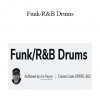
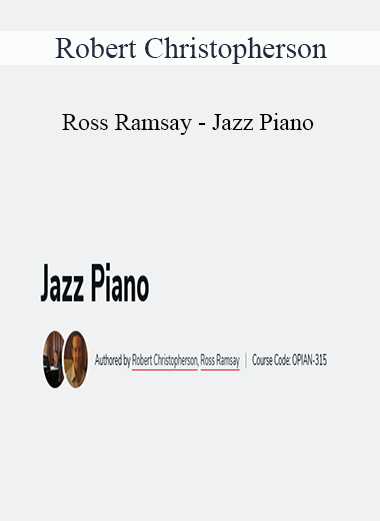


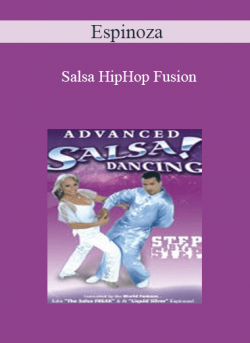
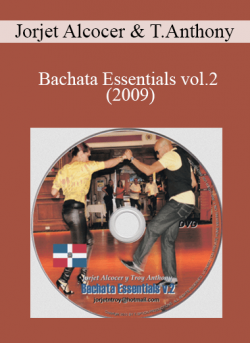
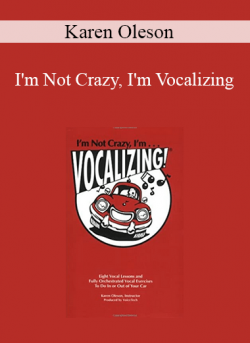

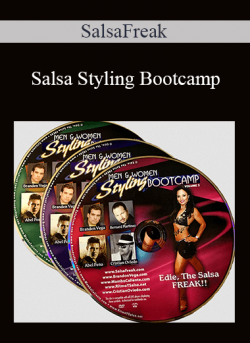
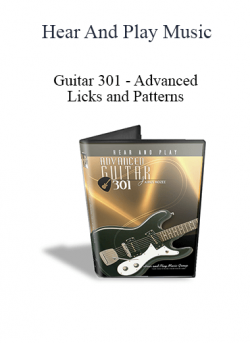
8 reviews for Robert Christopherson, Ross Ramsay – Jazz Piano
There are no reviews yet.